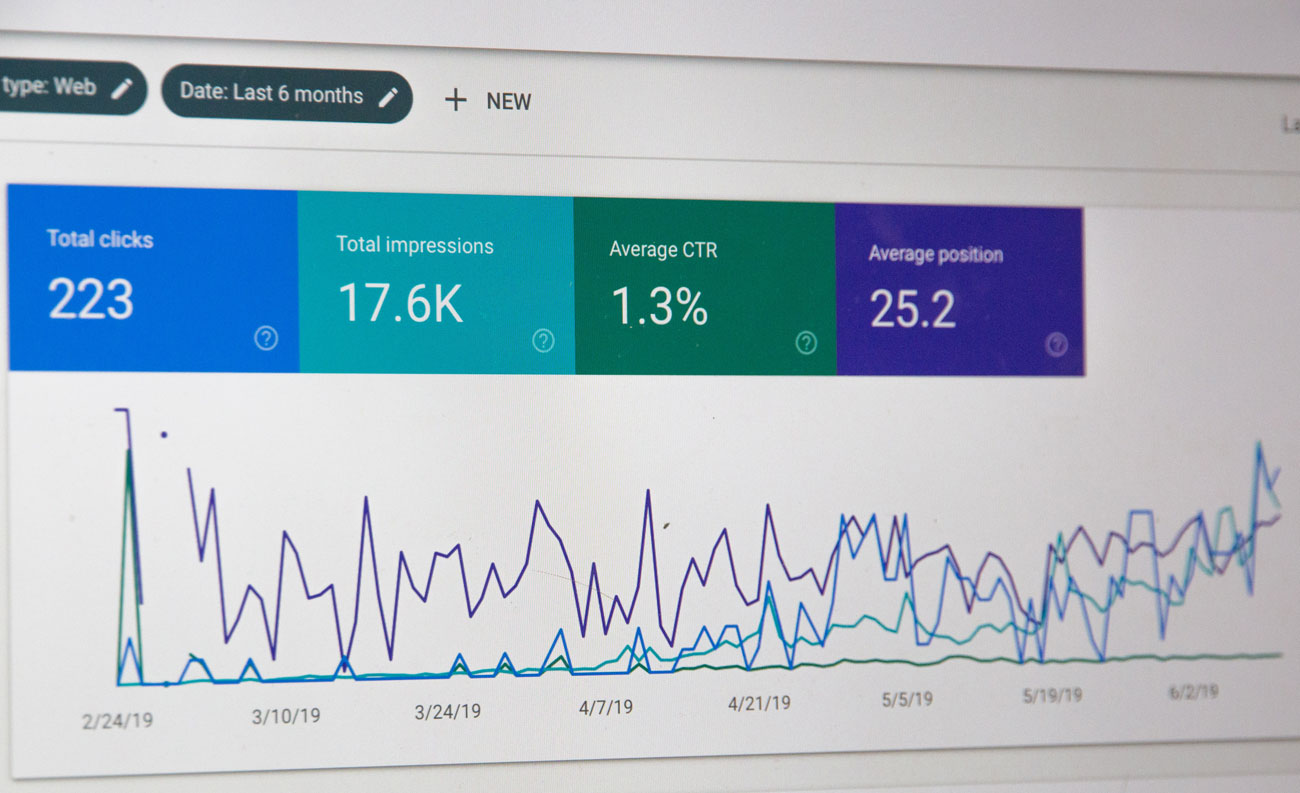Seach Engine Optimisation (SEO)
Search Engine Optimisation (SEO) is the process of ensuring your website is visible to potential clients when they search for goods and/or services relating to your business. The aim of the game is to be on the first page of a Google search in the free section rather than paid for advertising at the side. Effective search engine marketing is ongoing and you need to set aside time each week to implement your strategy. If you’re interested in how to learn SEO, here are some useful tips to get your started.
Link Building
Link building is the most effective way to increase your website’s Google ranking. One way, backlinks to your website from high quality, related sites will achieve the best results. The links need to look naturally disbursed and never, ever pay for links on spammy link building websites. Where do you build your links: Blogging – add a link to your site when you guest blog on other people’s site.
- Online PR
- Social networking Sites
- Directory listings
- RSS feeds
- Forums#
- Video links on sites such as youtube.com
Key words and phrases
It’s important to analyse the key words or phrases people use when searching for products or services relating to your type of business, eg, you have a bakery in Primrose Hill therefore potential clients will be searching for phrases such as:
- Bakery Primrose Hill
- Cakes Primrose Hill
- Bakery North London
Search phrases can be thoroughly researched using Google key word tool. Once you understand the search terms that will drive traffic to your website, incorporate them into your website: in the title, in the web copy and in anchor links on external websites.
Keep things fresh: add content
Google loves websites that are regularly updated with fresh, original content. An easy way to generate fresh content on your site is to start a blog and update it regularly. This is another opportunity to utilise your key word research and a blog gives you additional space to incorporate your key words and target niche areas of your business. Don’t over do it. Write naturally and repeat your key words 3 or so times. Don’t be spammy about it – the Google bots won’t like it.
On Page Optimisation
Page Titles and H1 Headers are ranked by Google (and the other search engines). It is important that they are informative eg, don’t use “Home Page” as the title of your home page. Use key words that you are optimizing in your SEO strategy. For our bakery home page we’ll use “Artisan Bakery Primrose Hill”. This includes the key phrase we know potential clients are searching for.
- Don’t use the same title for each page. Treat each page of your website as a separate SEO opportunity
- Include the key words used in your title in the content on the web page
- Use key words in your H1, H2 headings
- Keep title tags to approximately 60 characters






